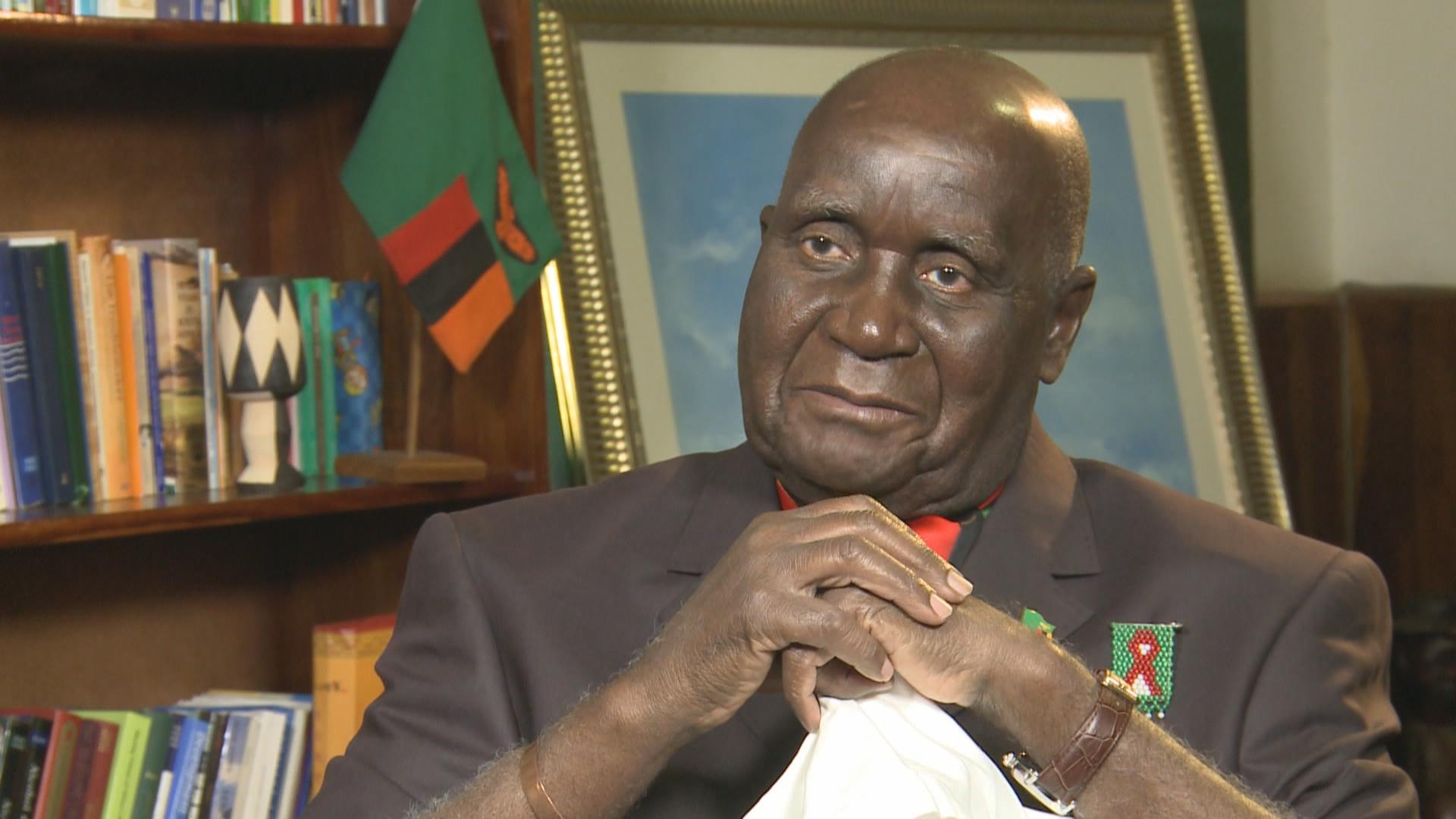Peoples’ Gazette
The International Monetary Fund (IMF) has expressed concerns over purported plans of the President Muhammadu Buhari’s regime to reintroduce fuel subsidy.
In a statement made available to Peoples Gazette after a virtual meeting on Thursday, IMF emphasised the need to introduce market-based fuel pricing and a social support plan to soften the effect of the subsidy removal on the poor Nigerian masses.
The organisation in the statement “expressed its concern with the resurgence of fuel subsidies. It reiterated the importance of introducing market-based fuel pricing mechanism and the need to deploy well-targeted social support to cushion any impact on the poor.”
The mission also urged the Nigerian government to increase its effort towards strengthening tax administration to help the country’s revenue and address priority spending pressure.
Since President Muhammadu Buhari assumed office in 2015, there have been periodic hikes in fuel price from the N87 per litre the current administration met it.
On March 11, a publication on the website of Petroleum Products Pricing Regulatory Agency indicated that a litre of fuel would be sold for prices ranging from N209 to N212 per litre for March, against N186 the crucial commodity retailed in February.
The proposed hike stirred deafening hues and cries from Nigerians forcing the government to promptly deny such move and the agency deleting the vexatious notice from its site with a disclaimer.
The Minister of State for Petroleum, Timipre Sylva, was quick to debunk news of the increment assuring Nigerians that there was no approval for an increment in the pump price of petrol.
However, Mr Buhari had on several occasion while lamenting the cost of servicing, hinted of his administration’s plans to remove fuel subsidy.
In April, The Guardian newspaper reported the Mr Buhari regime will retain fuel subsidy for the next six months, with about N720 billion to be paid for the deferred removal.
The paper reported that Mr Buhari directed that petrol subsidy remains in place for the next five to six months to enable the government to carry out consultations before the final removal.
This Story First Appeared At The Peoples’ Gazette


Connect with us on our socials: